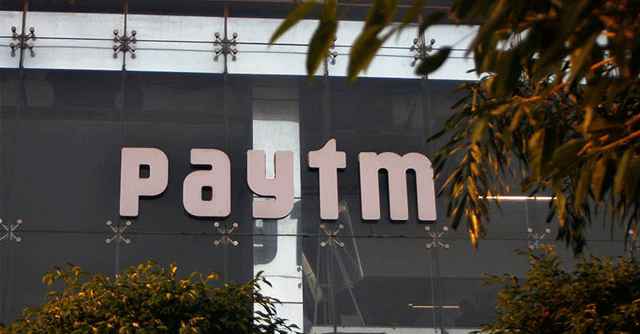
Paytm expands ESOP pool to $604 mn


One97 Communications, which operates digital payments platform Paytm, has expanded its current employee stock ownership option (ESOP) scheme to $604 million.
It has added 2,42,904 fresh equity options to its existing ESOP pool, taking the total to 24,09,428, the company said in a regulatory filing. The freshly added equity options are worth $61 million.
A resolution regarding the new allotment was passed by the company’s board on March 26.

The expanded allotment looks to attract and retain top talent, the firm said in a statement.
“ESOPs are offered at the time of hiring or during the appraisal cycle, and all key roles across different levels are eligible for it,” the company said, without sharing further details on the eligibility criteria.
The company said it plans to award the expanded stock options to more employees during the annual performance appraisal.

"We consider our ESOP scheme as a great way to promote the spirit of wealth creation among employees & truly believe that every employee is a stakeholder in the company. Our ESOP policy rewards colleagues on the basis of their overall performance and achievements," a Paytm spokesperson said.
In April 2020, Paytm had announced that it will offer Rs 250 crore in ESOPs for the year, which was to be distributed among high performing staff members and new employees.
The Paytm board also approved a resolution to increase founder and manager director Vijay Shekhar Sharma’s remuneration to Rs 4 crore from Rs 3 crore in the previous financial year. Adjusting for the payout period for the financial year 2020-21, the remuneration is prorated to Rs 3.4 crore, the filings show.

According to TechCircle estimates, Sharma’s holding in the company (90.5 lakh shares) is currently worth $2.2 billion.
Paytm claims to have processed over 140 crore transactions in March. It has over 2 crore merchant partners on board and claims to be growing 15% month-on-month. Paytm’s financial services products include payments bank, payments gateway, insurance, postpaid and credit cards as well as utility bill payments and offline merchant payments.
